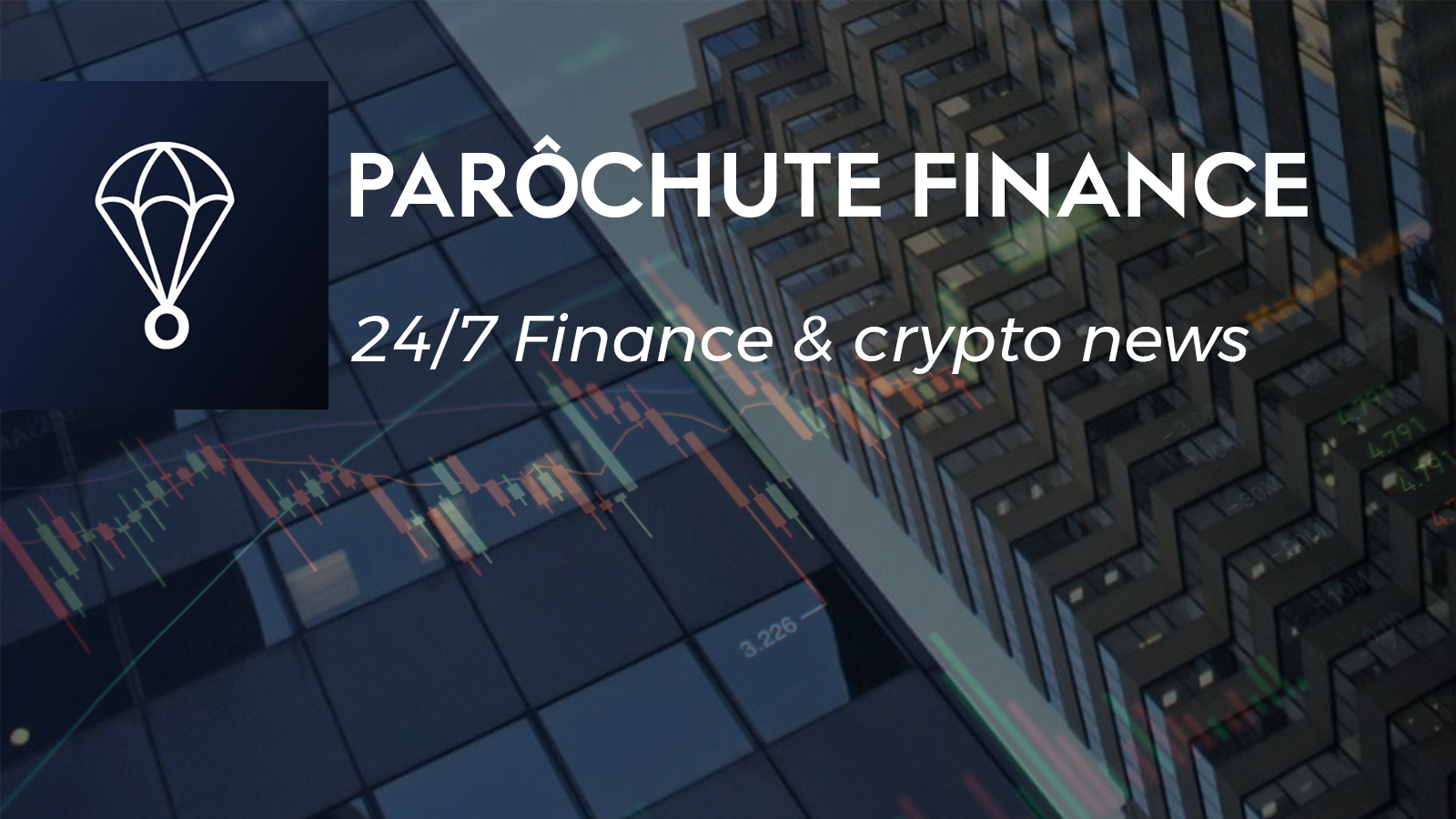German policymakers are ramping up their efforts to integrate the blockchain and Bitcoin into its financial system. In a recent Blockchain Roundtable hosted by Fraktion der Freien Demokraten and Frank Schäffler, parliament members and resource persons explored a few key proposals that can help the government achieve its objective.
The roundtable discussion held in the German Parliament attracted the attendance of key German policymakers, including Christian Lindner, a former Finance Minister and Patrick Hansen, a Circle executive.
Germany’s Bitcoin Initiative: Lindner Recommends The Next Steps
Former Finance Minister Christian Lindner was one of the guests at the Blockchain Roundtable and discussed extensively what the German government can do to fast-track its immersion into blockchain and Bitcoin.
Blockchain Roundtable in the German Parliament
Former Finance Minister @c_lindner outlined three potential next steps for Germany/EU to compete in this space:
Issue German government bonds on the blockchain
Pick up the discussion on a strategic #Bitcoin reserve
… pic.twitter.com/awRpYrf2bI
— Patrick Hansen (@paddi_hansen) January 10, 2025
According to Lindner, there are three ways for the government to compete in this industry. First, the German government can issue bonds on the blockchain. Second, it can encourage discussions and debates on creating a German Bitcoin reserve. If this happens, Germany can follow the lead of other countries actively pursuing Bitcoin as a reserve.
Third, it can allow Bitcoin ETFs into the European Union, which is currently limited to ETCs/ETNs. Approving the trading of spot Bitcoin ETFs will provide retail investors a convenient way to invest in institutional-grade and highly regulated investment options, thus boosting blockchain adoption in the region.
Germany Reeling From Its Bitcoin Loss In 2024?
Interestingly, the German government controlled 50,000 Bitcoins last year. In January 2024, the Bitcoins were seized from the website Movie.2k.com, which operates pirated movies. Around 50,000 Bitcoins were seized as part of the operations, and these were put on sale between June 19th and July 12th last year at the price of $53,000 per Bitcoin. These transactions generated over $2.8 billion for the German government.
However, not everyone was happy with the result after witnessing Bitcoin’s price surge that started weeks after the completed transactions. Weeks after the transaction, Bitcoin surged to $88,000, and by the time the United States elected Donald Trump for his second administration, Bitcoin had already topped the $100k mark.
According to market observers, Bitcoin’s impressive price ran to over $100k in just a few months, highlighting the impact of Germany’s early sales and underscoring the importance of having a Bitcoin policy.
Germany’s Renewed Interest On Bitcoin
With Bitcoin trading above $90k and a pro-Bitcoin Trump taking office in the US, many commentators and analysts expect better days for the blockchain and digital assets. And German policymakers are making up for lost ground by revisiting the discussions to pursue a Bitcoin program. For example, Lindner spoke at the Bundestag last December, reflecting on the government’s “missed opportunity” in Bitcoin. He also shared that the US is ready to implement its Bitcoin policies under Donald Trump.
Featured image from Pexels, chart from TradingView



